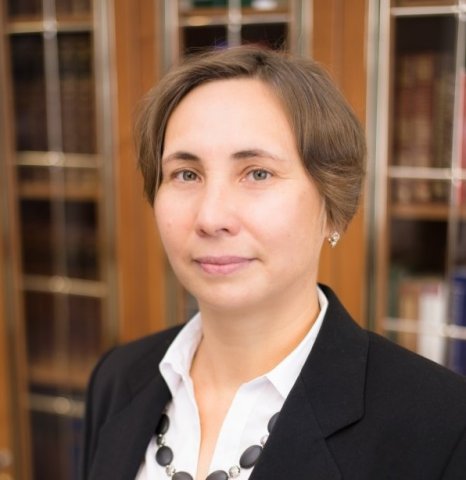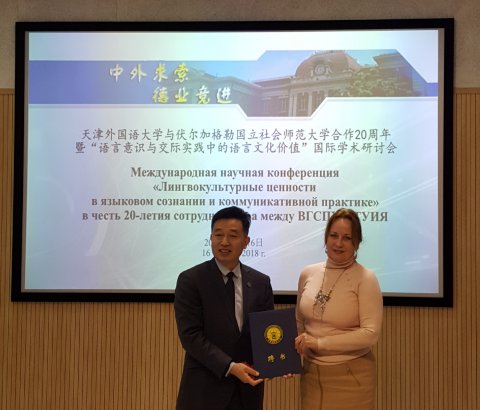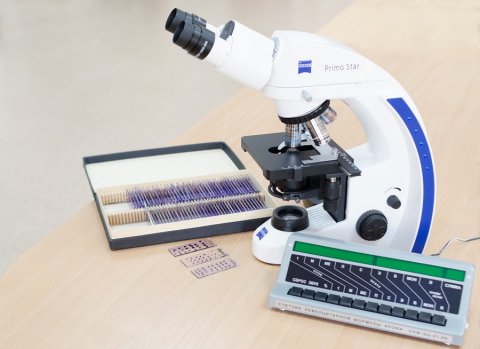
Today the issue of Chelyabinsk and the Chelyabinsk Region image improvement is of the current interest. Within the frames of the project study, SUSU takes the most active part in this work. The historians of Institute of Social Sciences and Humanities are intent on contributing to the solution of the task of the city and the region rebranding.






